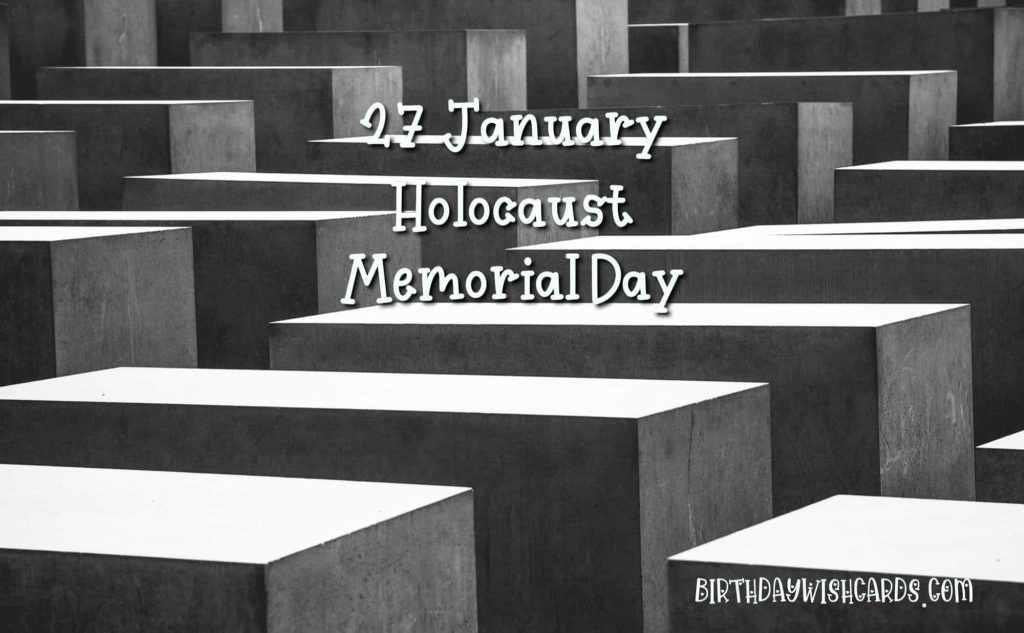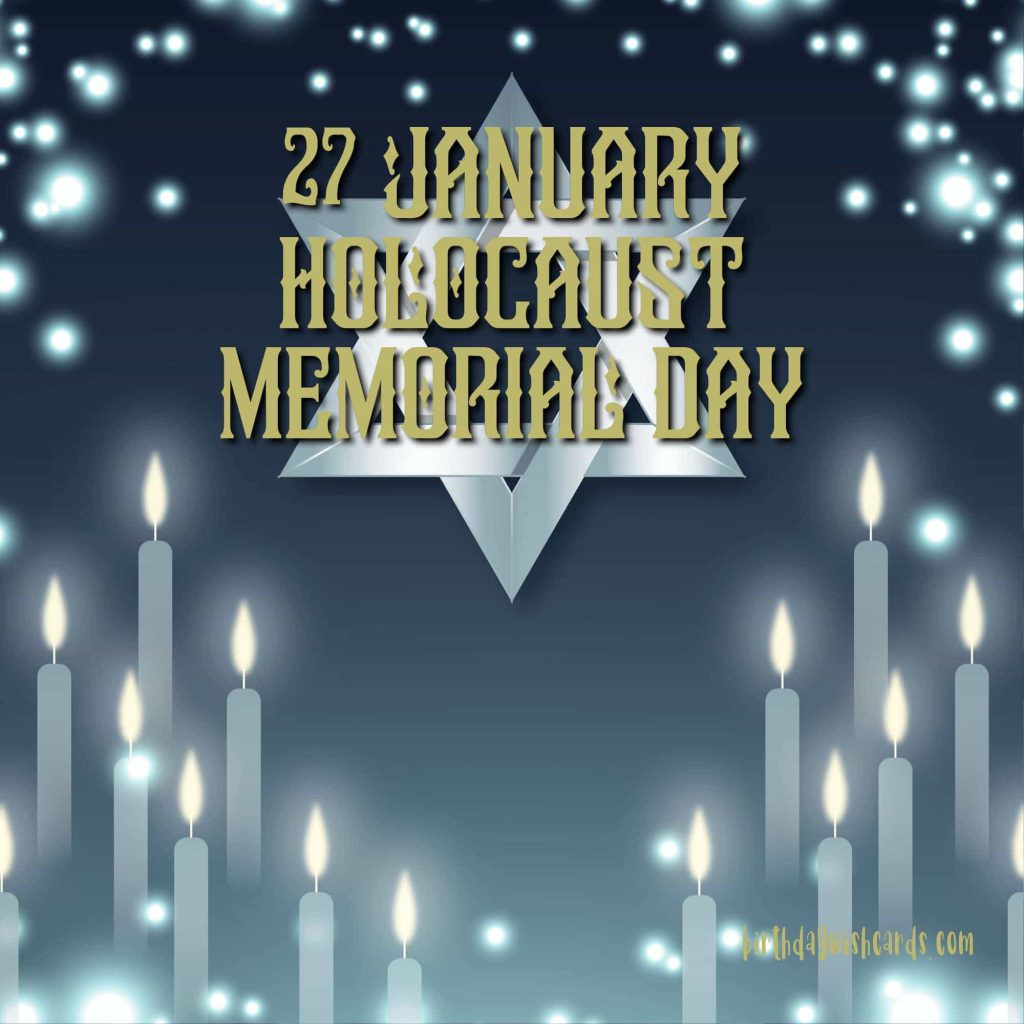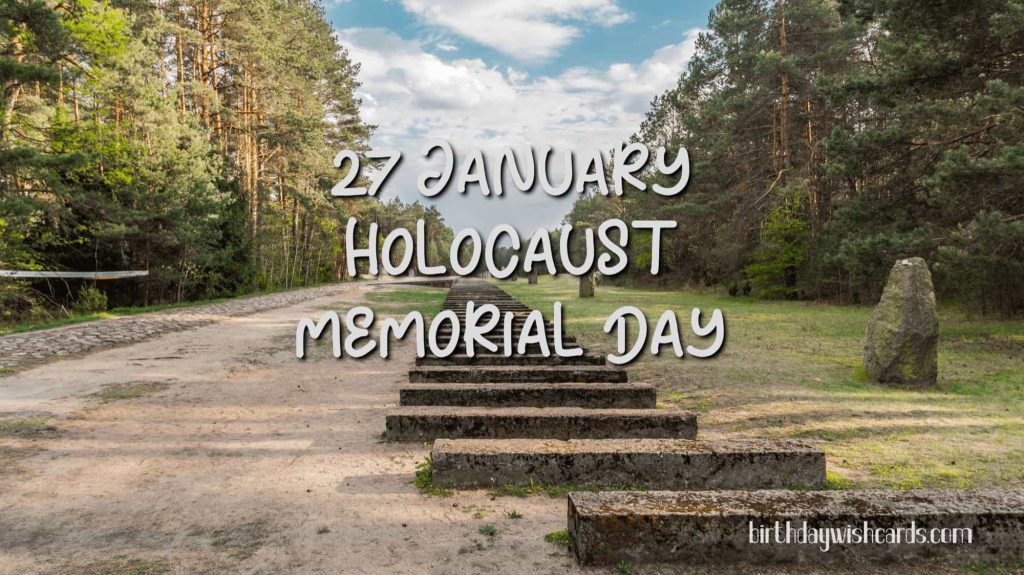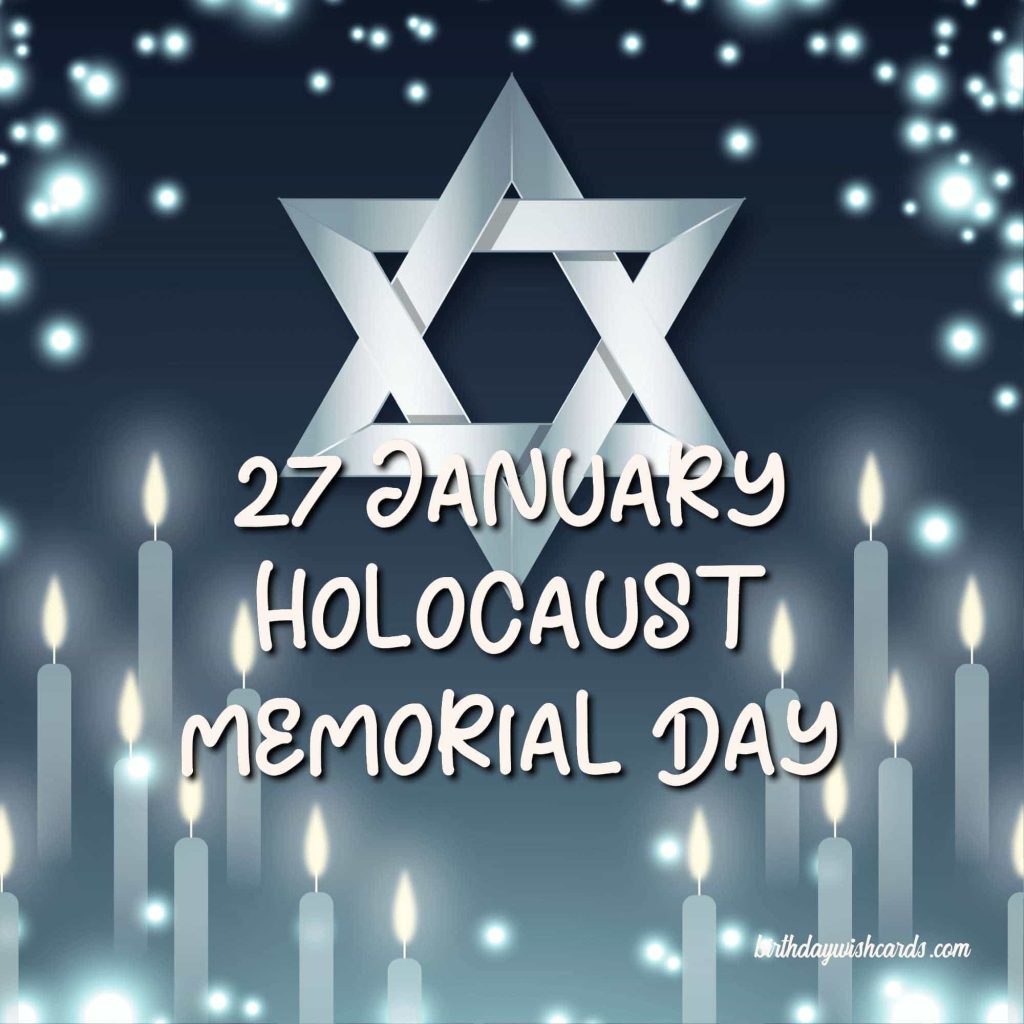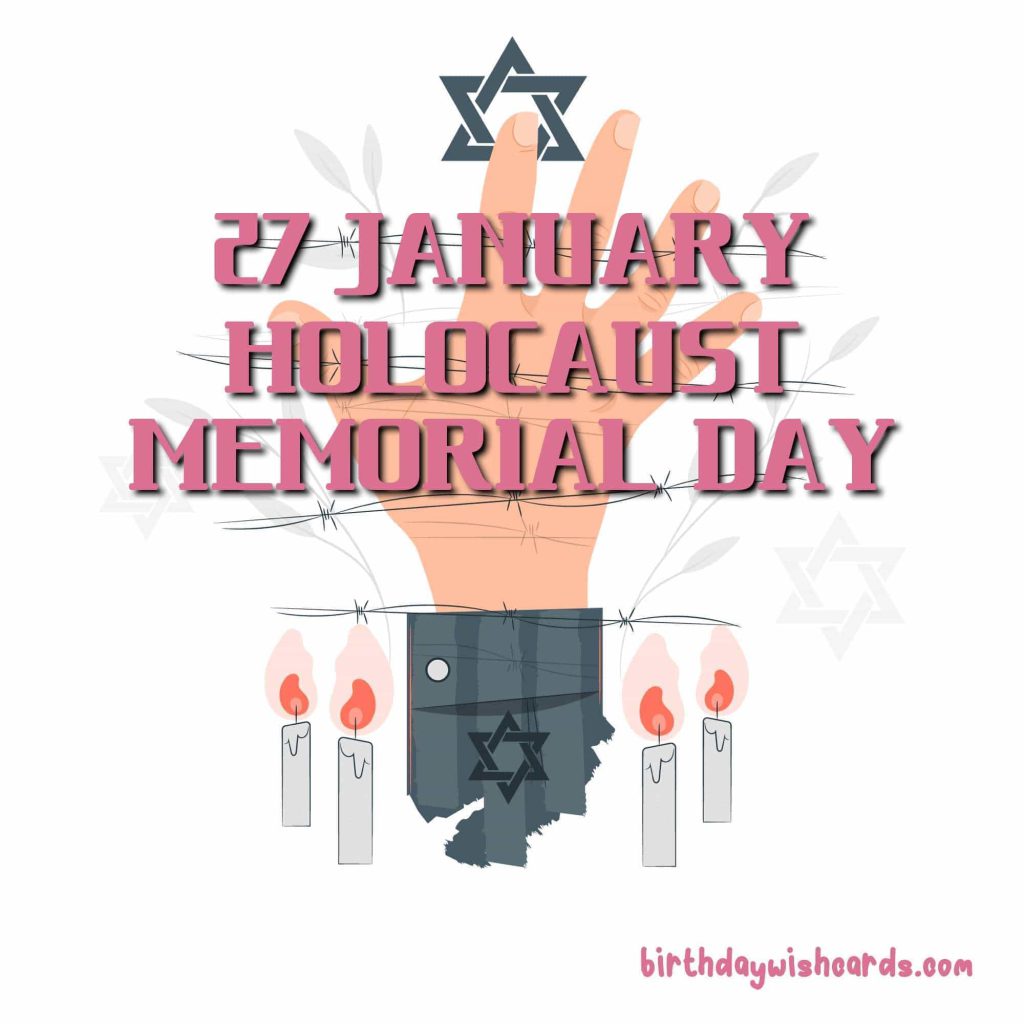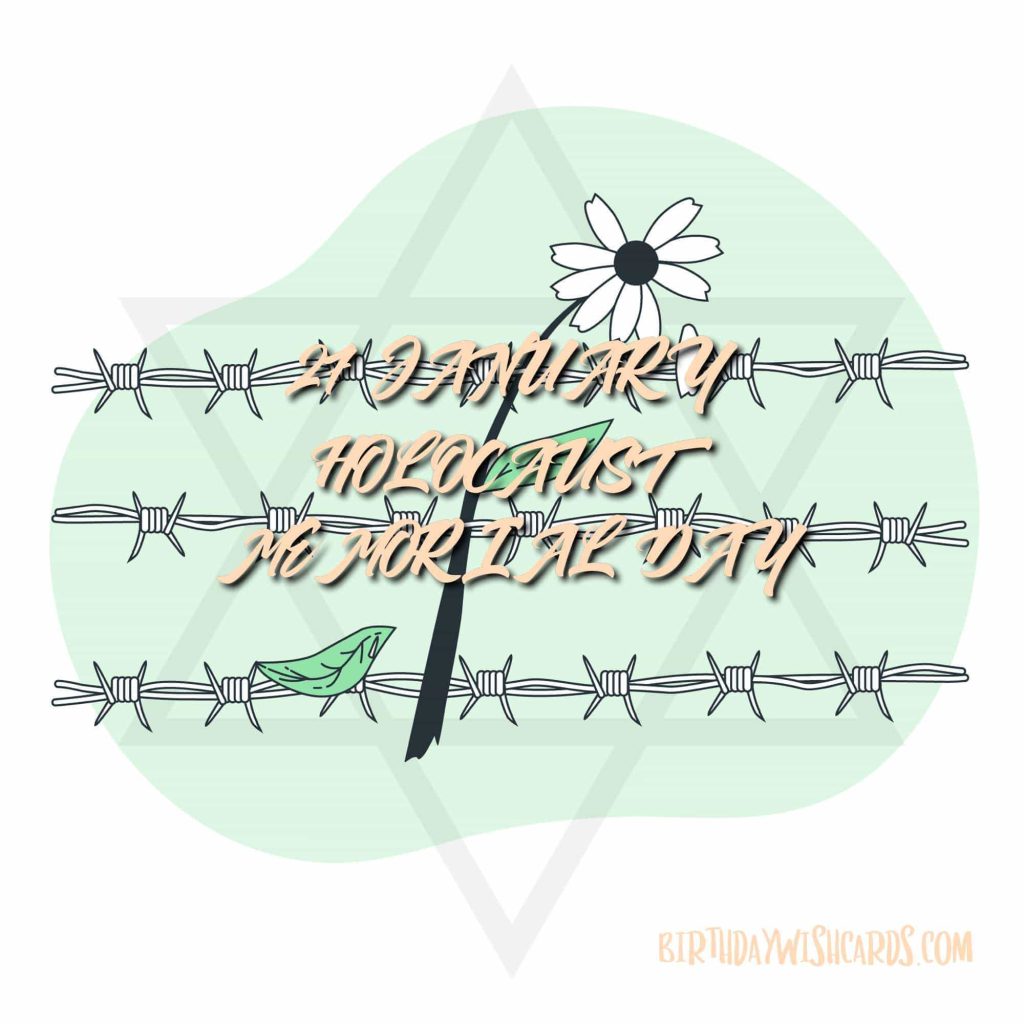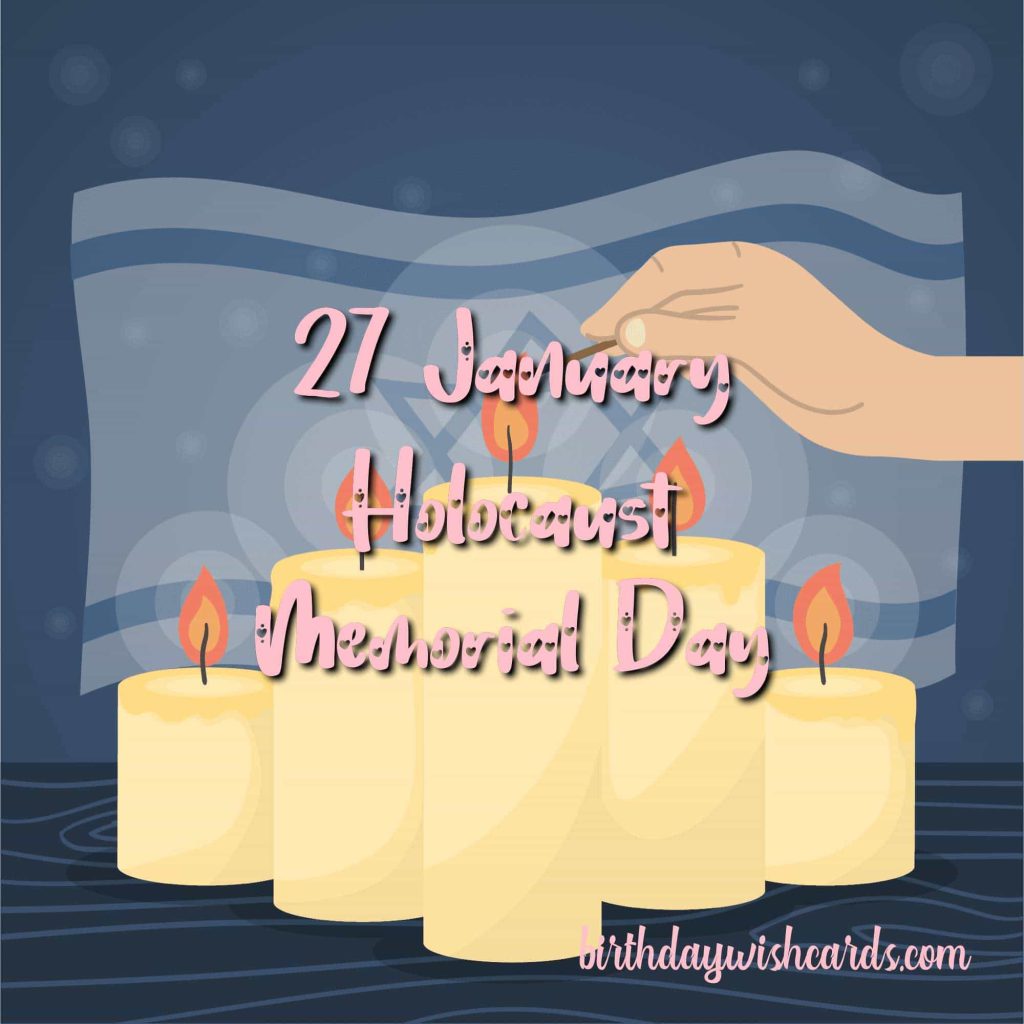
27 January: International Holocaust Remembrance Day
Background of Holocaust Remembrance Day
International Holocaust Remembrance Day is observed annually on 27 January, as established by United Nations General Assembly Resolution 60/7. This resolution calls on all member states to honor the memory of Holocaust victims and underscores the importance of educational initiatives that preserve the history of the Holocaust. Its aim is to prevent future genocides by ensuring that the lessons of the past are never forgotten. The resolution explicitly condemns Holocaust denial and rejects all forms of religious intolerance, incitement, harassment, or violence based on ethnicity or religious belief.
Additionally, the resolution advocates for the preservation of Holocaust sites, including former Nazi death camps, concentration camps, forced labor camps, and prisons. It also supports the development of United Nations programs dedicated to outreach and education, ensuring that Holocaust remembrance remains a global priority.
- The International Day in memory of the victims of the Holocaust is a solemn occasion to reaffirm our commitment to human rights.
- It is essential not only to remember, but also to educate new generations about this history, applying the lessons of the Holocaust to contemporary society. This ensures the protection of human rights and dignity for all, in line with the principles upheld by the United Nations.
– Message by Secretary-General Ban Ki-Moon for the second observance of Holocaust Victims Memorial Day, 19 January 2008
The Killing of Jews by the Nazi Regime
International Holocaust Remembrance Day commemorates the systematic murder of approximately 6 million Jews and an estimated 11 million other victims who were persecuted and killed by the Nazi regime and its collaborators during World War II. The United Nations General Assembly formally designated this day on 1 November 2005 through Resolution 60/7, following a special session marking the 60th anniversary of the liberation of Nazi concentration camps and the end of the Holocaust.
Many countries observe their own Holocaust Memorial Days, often aligning with the 27 January date. For example, the United Kingdom marks its Holocaust Memorial Day on this date, while Israel observes Yom HaShoah according to the Hebrew calendar. These commemorations serve as vital reminders of the atrocities committed and the ongoing need for vigilance against hatred and genocide.
Importance and Theme of the Day
Holocaust Memorial Day (HMD) is marked each year on 27 January, the anniversary of the liberation of Auschwitz-Birkenau in 1945. The day emphasizes the importance of remembrance, education, and resistance to the ideologies and actions that led to the Holocaust. It also acknowledges that such hatred and violence are not confined to one country or era.
Recent genocides in Cambodia, Bosnia, Rwanda, and Darfur starkly remind us of humanity’s continued vulnerability to mass violence. Each year, Holocaust Memorial Day adopts a theme to encourage deeper reflection and engagement. The theme for HMD 2018, “The Power of Words”, explored how language has been used to incite hatred, as a tool of resistance, and as a means of documenting and responding to atrocities. This theme highlights the enduring influence of speech and writing in shaping human actions and history.
Holocaust Remembrance Through Images
The following images serve as poignant reminders of the Holocaust’s impact and the enduring importance of remembrance:
Why Holocaust Remembrance Matters Today
Remembering the Holocaust is essential in confronting the dangers of hatred, racism, and antisemitism that persist around the world. Holocaust education fosters tolerance, counters prejudice, and promotes universal human rights. By reflecting on the devastating consequences of unchecked hatred and discrimination, societies can better guard against the repetition of such atrocities.
International Holocaust Remembrance Day also honors the courage of survivors and the resilience of communities that endured unimaginable suffering. Their testimonies serve as powerful educational tools, ensuring that the horrors of the Holocaust are neither forgotten nor repeated.
Educational Initiatives and Global Observance
Worldwide, schools, museums, governments, and organizations mark 27 January with commemorative events and educational programs. These activities



